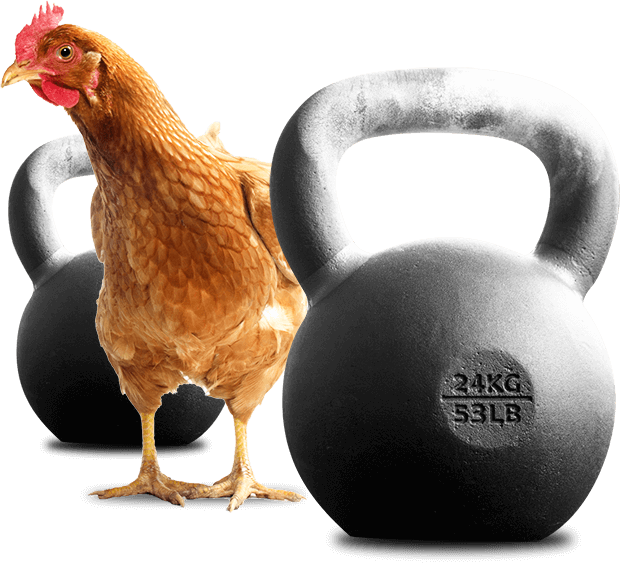Prevent oxidative stress naturally to promote
genetic potential of highly productive animals
Oxidative stress is a global issue in livestock since it affects production
performance and has a multifactorial origin.
Oxidative stress is illustrated by the imbalance between a high production of free radicals and insufficient endogenous antioxidant defenses. Free radicals are produced during energy production. They are problematic because they are toxic and damage proteins, lipids, DNA, etc.
Any effort or higher metabolic demand requires more energy, resulting in an increased demand for oxygen and promoting the production of free radicals.

Let’s compare high-performance athletes to livestock animals:
Breathing is a source of energy. Energy production is supported by oxidation mechanisms.
These mechanisms consume O2 and produce small amounts of free radicals. The more intense the effort, the greater the production of free radicals.
When the production of free radicals is higher than the endogenous antioxidant defences, then the organism enters a state of oxidative stress.
In large quantities, free radicals are toxic to the body.
In athletes, oxidative stress may be expressed by the syndrome of “overtraining”, a chronic state of reduced performance, fatigue, accompanied by biological damage. This state of overtraining is multifactorial and facilitated by a regular overconsumption of oxygen linked to intense, prolonged and repeated efforts.
The genetic selection of livestock animals increases their performance, but also their sensitivity to different stresses encountered in breeding – preventing them from expressing their genetic production potential.
In high-level sport as in today’s animal breeding, oxidative stress is all the more problematic as the organisms are under pressure.
There is more than one solution, and antioxidant intake through diet is one of them.

The choice of polyphenols to limit oxidative stress
• They are of natural origin
Polyphenols are a family of molecules widely present in the plant kingdom.
There are more than 8,000 varieties.
• They inhibit the mechanism of formation of free radicals
Polyphenols play a role in the chelation of metal ions which, therefore, will no longer be a source of oxidative stress.
• They improve the mechanism of elimination of free radicals
> By directly neutralizing the free radicals produced.
> By activating the antioxidant enzyme system, which in turn will reduce the production of free radicals.
> By reducing the oxidative stress caused by nitric oxide.
> By improving the antioxidant activity of low molecular weight antioxidants.
The choice of a unique combination of plants to limit oxidative stress




• To provide a wide variety of polyphenols
Each of these plants has a different phenolic profile.
• To benefit from synergistic effects
The incorporation of a polyphenol complex in a ration shows synergistic effects between the polyphenols, and with other ingredients such as vitamin E.
• To act on the whole cell
The combination of liposoluble and water-soluble polyphenols acts on the membrane within the intra-cellular and extra-cellular environment.
Jefo has tested the solution for you
• In vitro and in vivo
Jefo carried out in vitro and in vivo tests to illustrate the beneficial impact of its solution and prove the antioxidant effect and the benefits on the metabolism of animals under stress.
• On monogastric and ruminant
The Jefo solution (AOx) has been tested in monogastric and ruminant animals.
• While remaining economically attractive
This solution has been formulated to be economically attractive because it contains sources of compounds with antioxidant activities comparable to those of vitamin E.
Meet our
network
of experts
Jefo has worked with a network of experts
on its solution. Check out the videos below!
Make sure you don’t miss our next expert video!
Leave us your contact details.
How to evaluate an antioxidant
solution?
Antioxydant Power Toulouse
Benefits of antioxidants on the oxidative stress metabolic aspects
Jacques MATTE, Ph. D
Scientist associated to Sherbrooke Research and Development Centre Agriculture and Agri-Food Canada
Management of oxidative stress in animal production. How to promote genetic potential of highly productive animals?
Joël Pincemail
PhD in Biomedical Sciences
Departments of cardiovascular Surgery and Clinical Chemistry
Hospital Centre of Liège, Belgium
Want to talk with
our experts?
Secure your spot!*
* Jefo offers a limited number of individual meetings with its experts. Be the first one to fill in the form to get a chance to meet them.








